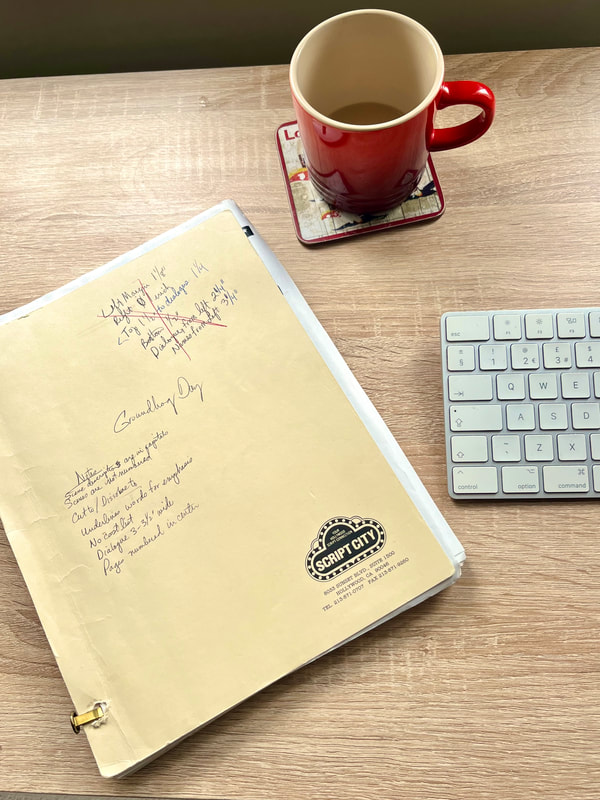The editor who reads too much |
|
How to adapt a text into a script I’ve adapted two historical novels into scripts. One went on the stage, the other is locked in a drawer, but I learned many valuable lessons from both! Structure Writers rejoice! The structure is just like your novel!
Script 1 When I was teaching English at a high school in Istanbul, as the newbie English teacher, I was given the job of staging a play in English. Lord, how did I get through it? Luckily, the other newbie teacher was into drama and could actually act! So I got the job of script writing. We chose The Three Musketeers because it was in the public domain, was a story I knew, and has lots of characters. Surprisingly, we had a huge group of students who wanted to be in this club. (I wonder if they thought they’d just goof off? I think they found themselves surprised to be acting on stage, in costume, in English! at the end of the year!) How I adapted a book into a manuscript.
So you will finish your script, but you’ll still be tweaking and making changes up to the minute of production! It’s one of those “It’s not over ’til it’s over” scenarios. Script 2
In 2018, I had an idea: what if Jane Austen’s books had been multicultural? I could adapt an old book into a screenplay and with a super cast list as my inspiration. I followed the same process as above: I got a book from Project Gutenberg (not an Austen novel, in the end). It was a story I wasn’t familiar with, which made the process much more difficult. (Spoiler, I was halfway through when Bridgerton was announced. They beat me to it! Let’s just go ahead and give them a round of applause. Bridgerton is freakin’ awesome.)
This is where my advice really ends because I’ve not gone past this stage. But stay tuned! I’m going to the Historical Novel Society Conference 2024, where the theme is From the Author’s Page to Screen and Stage. I hope to come back with all kinds of good advice on what to do once your script is finished! In my final post, I’ll wrap up my suggestions for adaptions and give a list of resources that I find useful. PS Here’s how the rest of The Three Musketeers went!
Comments are closed.
|
Categories
All
Archives
July 2024
�
Posts on editing
Posts on books
Posts on publishing
Everything Else!
|

